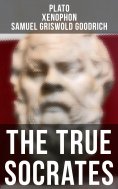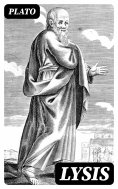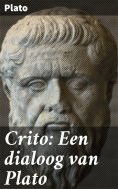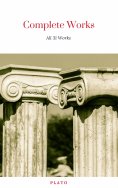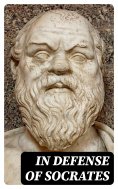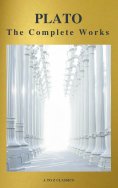Plato: Complete Works
About the eBook
In 'Plato: Complete Works,' readers are granted access to the full spectrum of philosophical works by the renowned Greek thinker, Plato. Known for his Socratic dialogues, this collection includes masterpieces such as 'The Republic,' 'Symposium,' and 'Phaedo,' showcasing Plato's deep exploration of ethics, politics, metaphysics, and more. His distinct literary style involves engaging in dialectic conversations to unravel complex philosophical issues, making his works both intellectually stimulating and artistically profound. These dialogues provide insight into the intellectual climate of ancient Greece and the enduring relevance of philosophical inquiry. As a foundational figure in Western philosophy, Plato's writings serve as essential reading for students and scholars alike, offering timeless wisdom and critical thinking exercises. With a keen eye for the interplay between reason and rhetoric, Plato's works continue to shape the course of philosophical discourse and cultural thought throughout the ages.
About the Author
Plato, the preeminent Greek philosopher, was born around 428/427 BCE in Athens and played a foundational role in Western philosophy. A disciple of Socrates and mentor to Aristotle, Plato's contributions to philosophy, political theory, and educational thought remain influential to this day. He founded the Academy in Athens, one of the first institutions of higher learning in the Western world. His dialogues, wherein he employed the Socratic method of questioning to explore a wide array of subjects, have been preserved in a collection known as 'Plato: Complete Works.' In these dialogues, the main character is often Socrates, who serves as the vehicle for Plato's ideas. Through works such as 'The Republic,' 'Symposium,' and 'Phaedo,' Plato delved into topics like ethics, politics, metaphysics, and epistemology. He is best known for his theory of Forms, positing abstract, non-physical essences that constitute the highest and most fundamental kind of reality, as opposed to the material world that he considered merely a shadow of this higher truth. Plato's allegory of the cave, found in 'The Republic,' remains a profound commentary on the human condition, perception, and knowledge. His literary style, marked by its depth and dialectical approach, together with his use of metaphor and myth, has established his enduring legacy in the annals of classical literature and thought.
Product Details
Publisher: DigiCat
Genre: Sprache - Englisch
Language: English
Size: 1808 Pages
Filesize: 2.7 MB
ISBN: 8596547003878
Published: May 17, 2022
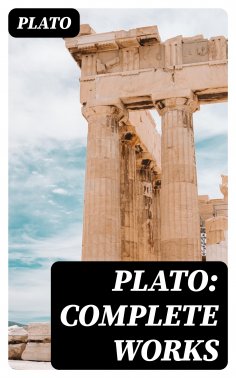


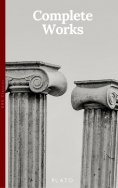
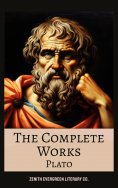
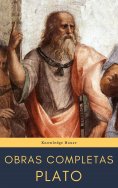


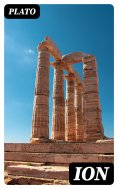

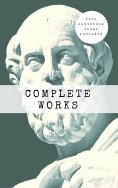
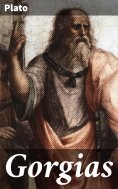

![ebook: The Harvard Classics & Fiction Collection [180 Books]](https://media.readfy.com/cover/9782377938834/118/the-harvard-classics-fiction-collection-180-books.jpg)


